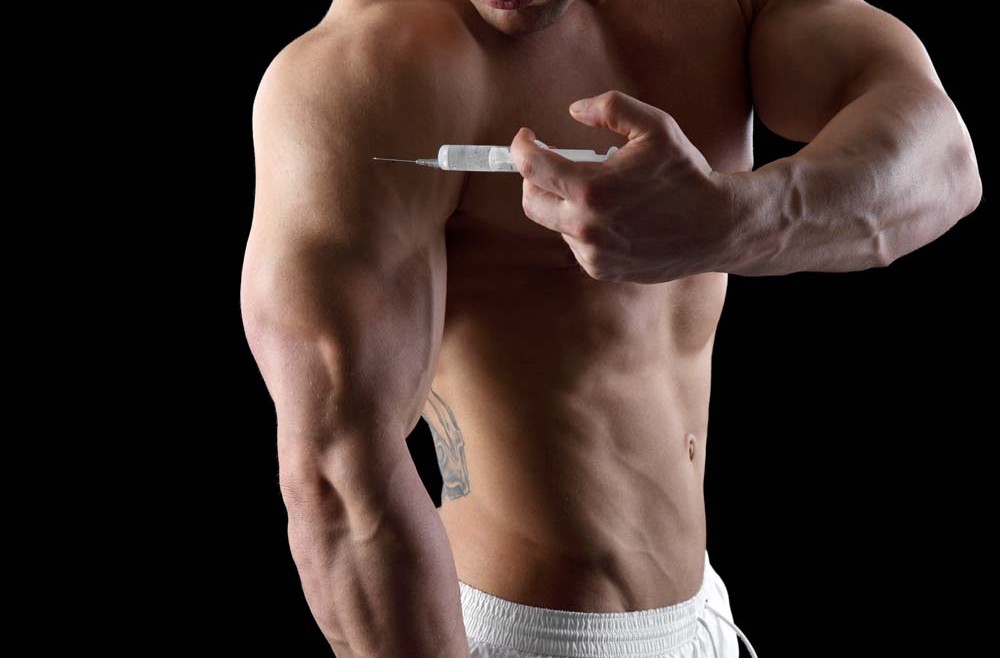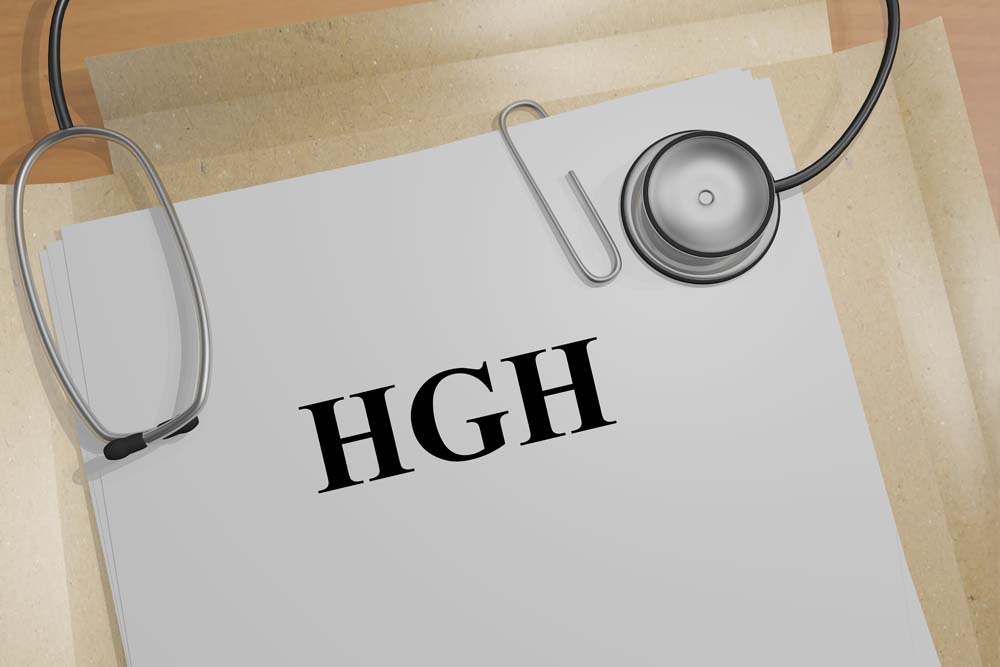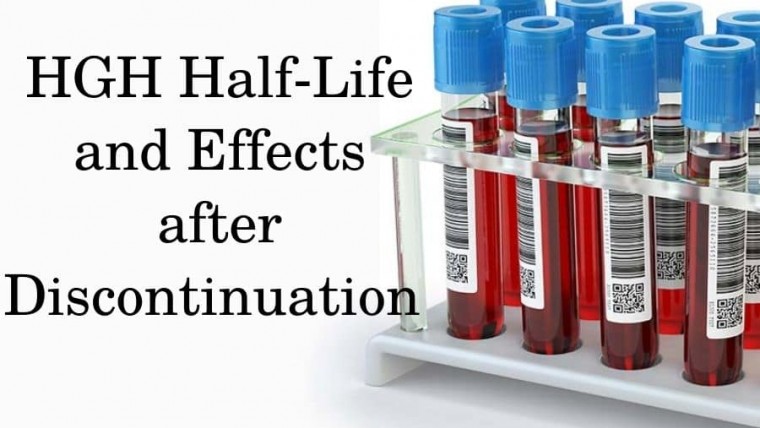In this article
Human growth hormone (HGH) is frequently mistaken as an “anabolic steroid”. This is most likely due to the negative publicity it received when athletes worldwide were found to be using the hormone substance alongside actual steroids to enhance their performance in an unfair way.
The Difference Between Steroids and HGH
In order to understand the distinct difference between HGH and steroids, it’s important to understand a little about steroids first.
What Are Steroids?
There are two primary classes of doctor-prescribed therapeutic steroids (usually administered via injections):
- Corticosteroids – used to treat and mitigate inflammation and swelling
- Anabolic steroids – which improve protein synthesis, muscle-building, and boost strength/stamina
Both of these categories of steroids are technically legal (when prescribed by a doctor), but are banned by every professional sports league as “performance enhancers.” We won’t argue that they enhance performance, but they are quite dissimilar from HGH in many important ways.
Keep in mind, too, that anabolic steroid injections are prescribed to individuals with bone or growing deficiencies or low levels of testosterone production — not to physically healthy individuals who simply want to “beef up.”
What is HGH?
HGH is a naturally occurring hormone that stimulates the growth processes within your body; it is most active and bountiful in human bodies during childhood and adolescent years. As people age, their bodies produce less and less HGH.
This doesn’t mean, however, that our bodies ever “outgrow” their need for this hormone. HGH promotes and improves cell growth and reduces the risk of injury from physical activity–however mild.
As such, HGH can enhance the youthful qualities of a person and prevent the common ailments associated with aging.
Sometimes excessive doses of various medications like HGH or anabolic-androgenic steroids can lead to palumboism (HGH gut) which mostly occur in bodybuilders.
Primary Differences You Should Know
One of the things that set HGH apart from anabolic steroids is that it’s relatively safe for most individuals to use, in comparison to anabolic steroids which can actually promote or worsen the muscles’ tendency to rip or tear.
This is the case because HGH is easier for your organs and bloodstream to absorb. In addition, HGH therapy is often considerably less expensive than treatment with anabolic steroids.
While both anabolic steroids and HGH can help adult bodies enhance and build more muscle mass, HGH goes several steps further, prompting the following benefits as well:
- Burning unhealthy fat
- Improving the appearance/shine of hair and nails
- Promoting healthier bones
- Prompting better sleep patterns
- Allowing faster recovery from injuries
Simply put, HGH does bear certain similarities to both a corticosteroid as well as an anabolic, but with fewer of the health risks associated with either.
Fighting the HGH Stigma: Hormone Therapy Needs to Be Understood
As we mentioned earlier, professional sports are largely to blame for the stigma HGH has received through media coverage of the steroid scandal in sports.
While these leagues naturally want to stem the flow of performance-enhancing drugs, they are doing the rest of the world a great disservice!
This is a shame, if not only due to the fact that many of these athletes were supplementing their (admittedly harmful and illegal) anabolic steroid and/or drug regimens with HGH to prevent some of the negative side effects associated with the former!
Doctors and scientists worldwide are pushing for funding to study HGH effects on injuries. They believe it’s not only an effective weapon against the ravages of the aging process but that it is one of nature’s best remedies for all sorts of injuries.
For example, older people who require ACL surgery on their legs usually spend an unhealthy amount of time in a cast, which leads them to lose muscle mass and experience atrophy. Because of the naturally lower levels of HGH, their bodies contain, it’s more than likely that they will never fully regain the muscle mass and connective tissue that they had in the knee area before surgery.
Because HGH is such a viable way to promote and enhance cellular growth, it’s thought that growth hormone is a way to not only prevent atrophy and muscle loss in these individuals but for them to actually get stronger.
Despite the fact that this is a property similar to that of a steroid, what’s the problem with people getting healthier and stronger?
Finding Out if Hormone Therapy Can Help You
If illness, injury, or advanced age has your body down, wouldn’t it be nice to see if HGH could enhance your overall quality of life?
There are many varieties of drug regimens you could take instead, but why risk the harmful side effects of a drug when there’s an option that your body can absorb in a healthier way?
If HGH’s benefits have impressed you, and it seems like an option that could improve your health and quality of life, ask our doctors if they think it’s a viable option for you. They’ll discuss your options with you to see if a prescription of HGH is an option for you.





